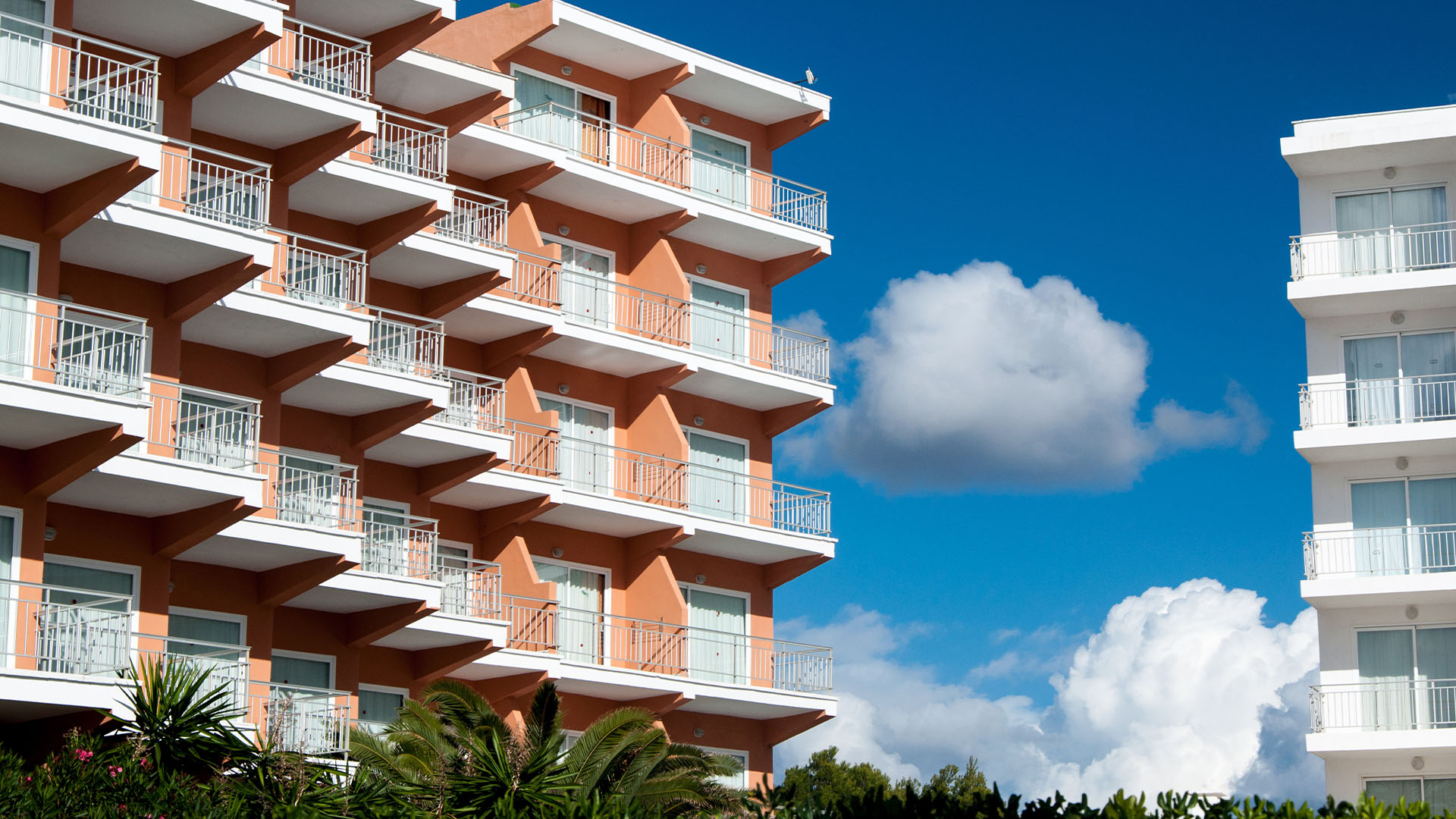On 12 October 2022 the NSW Government introduced the Building and Other Fair Trading Legislation Amendment Bill 2022 (NSW) into Parliament. The Bill received broad support and was passed on 8 November 2022. The Bill introduces decennial liability insurance (DLI) as an option for developers of multi-storey apartment developments in New South Wales, in lieu of the existing strata bond scheme. New South Wales is the first Australian jurisdiction where decennial liability insurance (DLI) is being offered. The new insurance product will have major impacts on all participants in the apartment development industry in New South Wales.
Background to the proposal
The building and construction industry in New South Wales has suffered from low consumer confidence due to repeated problems with defects in apartment buildings and ongoing systemic issues. Key reforms introduced by the Residential Apartment Buildings (Compliance and Enforcement Powers) Act 2020 (NSW) and the Design and Building Practitioners Act 2020 (NSW) have begun to lift the quality of residential apartment buildings in New South Wales.
Decennial liability insurance
The reforms in the Bill introduce DLI as a new insurance product in New South Wales.
The Bill amends the Strata Schemes Management Act 2015 (NSW) to provide that a developer of a strata scheme may obtain DLI in favour of the owners corporation against serious defects in the building elements of the common property of buildings in the scheme for 10 years after completion of the building work.
Significantly if the developer obtains DLI, the developer will not be required to provide a building bond. The DLI will need to be in a form acceptable to the Secretary, and to comply with criteria to be prescribed by regulations.
The building elements that will be protected by DLI include critical parts of the common property including structure, waterproofing, fire safety systems, enclosure and building services. Unlike other types of coverage in the market, DLI provides full indemnity up to the original construction value, and operates as a strict liability product of first resort. The insurance attaches to the building, not the developer or builder.
The process to claim
If a serious defect manifests, DLI will cover the costs of remediation, and consumers will not need to bring court proceedings in order to access these funds. The owners will first ask the developer/ builder to rectify the defects, but can than have access to the DLI if the developer/ builder is unable or unwilling to do so. Minister Victor Dominello described DLI as a game changer for building owners in New South Wales.
Recovery against developers and builders
We expect that the DLI insurer will have a right of subrogation allowing the insurer to pursue at fault developers, builders and others to recoup amounts paid out under the insurance.
DLI will be an alternative option to the provision of a building bond of 2% of the contract price for a strata development under the Strata Schemes Management Act 2015 (NSW).
It is unclear from the Bill whether the NSW Government intends to support the development of a viable market for DLI by increasing the current strata building bond scheme to 5% (from the current 2%) and bond duration to 6 years (from the current 2 years) during a transition period. This was suggested by the DLI Ministerial Advisory Panel which provided a discussion paper on DLI to the NSW Government, but these changes are not included in the Bill.
It appears that the NSW Government’s ultimate goal is to make DLI mandatory and to scrap the building bond scheme after a transition period.
Parliament has indicated that there is an insurer in the market who is prepared to offer DLI and the expectation is that developers will pay about 1% to 2% of the contract price for the product. Parliament also indicated that insurers may only be prepared to offer the product to “good quality developers”, and that the product will work in conjunction with iCIRT (the Independent Construction Industry Ratings Tool), so that DLI will operate as a quality assurance product, in addition to being an insurance product.
We understand that the insurer currently offering DLI is Resilience Insurance. The NSW Government plans to work with the insurance and construction industries to identify ways to support a competitive and affordable DLI market, including supporting efforts for new entrants to the market.
The DLI provisions in the Bill are not retrospective, and will not help apartment owners who are already struggling with defects in their buildings, such as the owners of the Mascot Towers apartments. The DLI provisions apply to strata developments that are currently required to have a building bond. Therefore, class 2 buildings with 3 storeys or less are not included. The provisions do not extend to all new class 2 buildings, contrary to the recommendation in the DLI Ministerial Advisory Panel’s discussion paper.
You can access the Bill, second reading speech and the NSW Government webpage in relation to the proposal here:














